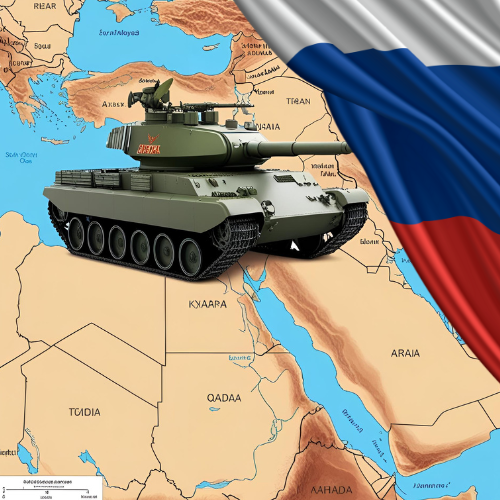Lebanon’s president on Monday ordered troops to retaliate against the source of gunfire from the Syrian side of the border after a night of deadly clashes erupted along the frontier. The Lebanese Health Ministry reported that seven Lebanese citizens were killed and 52 others injured in the violence. The incident marks one of the most serious escalations between the two countries since the ouster of former Syrian President Bashar al-Assad in December.
The fighting began after Syria’s interim government accused militants from Lebanon’s Hezbollah of crossing into Syrian territory on Saturday, abducting three soldiers, and executing them on Lebanese soil. Hezbollah, a Shi’ite militant group and political party, denied any involvement in the incident. Other reports suggested that local clans in the border region—known for cross-border smuggling but not directly affiliated with Hezbollah—may have been responsible.
The situation, however, raises more questions than answers. Why would smugglers would drag three soldiers from Syria’s Homs governorate all the way to Lebanon to kill them there? If Hezbollah were involved, why execute the soldiers instead of holding them hostage for a potential prisoner swap, as has been their modus operandi in the past? The lack of clarity has led to speculation that the incident may have been orchestrated to provoke a broader conflict.
Cui Bono? Who Stands to Gain?
One theory points to Russia, which has seen its influence wane in the region following Assad’s fall from power. Russia fell out of favour among dictators worldwide, who started to (rightfully) doubt russian capabilities to protect them against their people and democratic elections. The Syrian president was a key ally of Moscow, and his ouster has left Russia scrambling to maintain its foothold in the Middle East. A destabilized region could serve Russian interests in two ways. First, it could trigger migration flows that divert Western attention and resources away from the ongoing conflict in Ukraine. Second, it could reinforce the narrative that stability under Assad was preferable to the chaos wrought by terrorist groups and transitional governments with alleged Al-Qaeda roots.
Russia’s ties to Hezbollah go way back. During the Syrian Civil War, Hezbollah fighters reportedly coordinated with Russian forces, and the group welcomed Moscow’s military intervention in Syria. Joint operations took place in Latakia and Damascus. Russia does obviously not classify Hezbollah as a terrorist organization and continues to supply the group with arms. Given this relationship, some analysts suggest that Russia may have the influence to orchestrate or exacerbate border clashes to further its geopolitical goals.
A Call for Restraint
While the immediate trigger for the clashes remains unclear, the broader implications are undeniable. A full-scale conflict between Lebanon and Syria would have devastating consequences for both nations and the wider region. And whoever provoked them does not care for either Lebonon or Syria.
Provocations, whether orchestrated or spontaneous, risk plunging the Middle East into further chaos. For Lebanon, already grappling with economic collapse and political instability, a new conflict would be catastrophic. For Syria, still reeling from years of civil war, renewed violence could derail any fragile progress toward stability. Do not let provocations dictate the course of events. Instead, dialogue, de-escalation, and a commitment to peace must prevail. The alternative—a region engulfed in yet another war—is too dire to contemplate.





